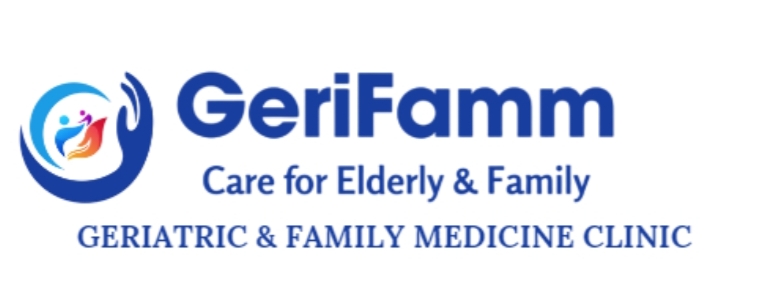Preventive Health

Preventive Health
Preventive health focuses on proactive measures and lifestyle changes to avoid the onset of diseases and maintain overall well-being. It involves a range of services and interventions designed to detect health issues early, prevent complications, and promote a healthy lifestyle to reduce the risk of chronic conditions. Preventive health is essential in improving quality of life, reducing healthcare costs, and promoting longevity.
Key components of preventive health include:
Health Screenings and Check-ups: Regular screenings for conditions such as hypertension, diabetes, high cholesterol, cancer, and heart disease help detect potential issues before symptoms arise. Early detection allows for timely intervention, reducing the risk of complications and improving treatment outcomes.
Vaccinations: Immunization is a crucial part of preventive health. Vaccines protect against infectious diseases such as influenza, hepatitis, pneumonia, and HPV, preventing serious illness, hospitalizations, and deaths.
Lifestyle Modifications: Encouraging healthy behaviors like balanced nutrition, regular physical activity, adequate sleep, and stress management can help prevent the development of chronic diseases such as obesity, cardiovascular diseases, and type 2 diabetes.
Nutritional Counseling: Proper nutrition is fundamental in disease prevention. Educating individuals on balanced diets, portion control, and reducing unhealthy food choices (such as excess sugar, fat, and salt) can reduce the risk of obesity, heart disease, and other conditions.
Mental Health Support: Preventive health also includes focusing on mental well-being. Addressing stress management, anxiety, and depression early on can prevent the development of more serious mental health conditions and promote emotional resilience.
Personalized Health Plans: Preventive care involves personalized health plans tailored to an individual’s age, gender, family history, and risk factors. This may include lifestyle counseling, genetic testing, or monitoring specific health parameters.
By focusing on prevention rather than treatment, preventive health promotes long-term wellness and empowers individuals to take charge of their health, reducing the burden of chronic diseases and enhancing overall life satisfaction.
